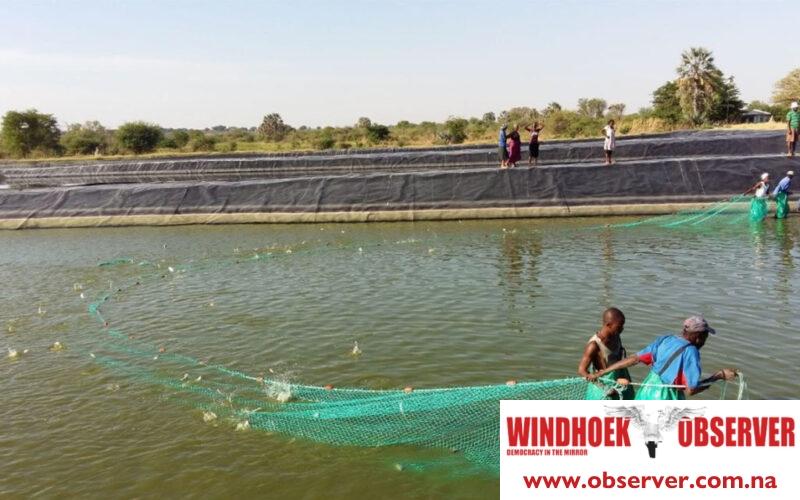Ester Mbathera
There are still barriers keeping aspiring aquaculture start-ups from entering the market.
According to fisheries and aquaculture expert Alushe Hitula, financing and bureaucracy are but some of the challenges in the way of prospective development.
“Namibia has an excellent policy framework for aquaculture development. However, there are still barriers to entry, such as finance and severe bureaucracy, for example, the aquaculture application process for aspiring aqua start-ups,” she said.
Hitula was appointed to the board of directors of the World Aquaculture Society-African Chapter (WAS-AC) last week.
Her new role involves overseeing regional memberships, programs, and initiatives while contributing to the board’s strategic goals.
“It is a unique situation, in fact, because it is a member-based election—and within the Southern African Region, Namibia has the least number of members. I am therefore humbled to be serving the Southern African Region and would like to thank all the members that elected me to office,” she said.
Hitula will serve as the regional director for Southern Africa in a three-year term that positions Namibia as a key player in shaping the future of aquaculture in the region.
Hitula is determined to transform aquaculture into a resilient food system for Southern Africa and Namibia.
She pointed out the region’s potential to address food security, livelihoods, and economic development, despite aquaculture being underdeveloped in many countries.
“Governments need to invest strategically in the sector—specifically in smallholder aquaculture production. We need to establish smarter systems, tools, and technologies—for example, water harvesting technologies in areas that experience sporadic, heavy rainfall,” she said.
During her tenure, Hitula plans to catalyse finance for aquaculture projects to boost rural livelihoods. She also aims to secure funding to pilot and upscale integrated food systems for smallholder farmers.
Additionally, she intends to translate research findings into practical applications for aquaculturists and empower aquaculture graduate students to play a meaningful role in the sector.
Hitula encouraged aquaculture farmers and aspiring entrants to actively participate in the Southern African region in terms of membership.
“I will reach out to existing and aspiring aquaculturists as well as academic institutions such as IUM and UNAM, which graduate hundreds of fisheries and aquaculture students annually, to increase their participation in the WAS-AC by taking up membership and reaping the benefits of the society,” she said.
Aquaculture was introduced in Namibia in the late 1990s by the late minister of fisheries and marine resources, Abraham Iyambo, after the adoption of the Aquaculture Act in 2002, which governs the establishment, administration and conduct of aquaculture operations in water and on land.
Although the ministry still has a directorate, freshwater aquaculture production has remained low.




